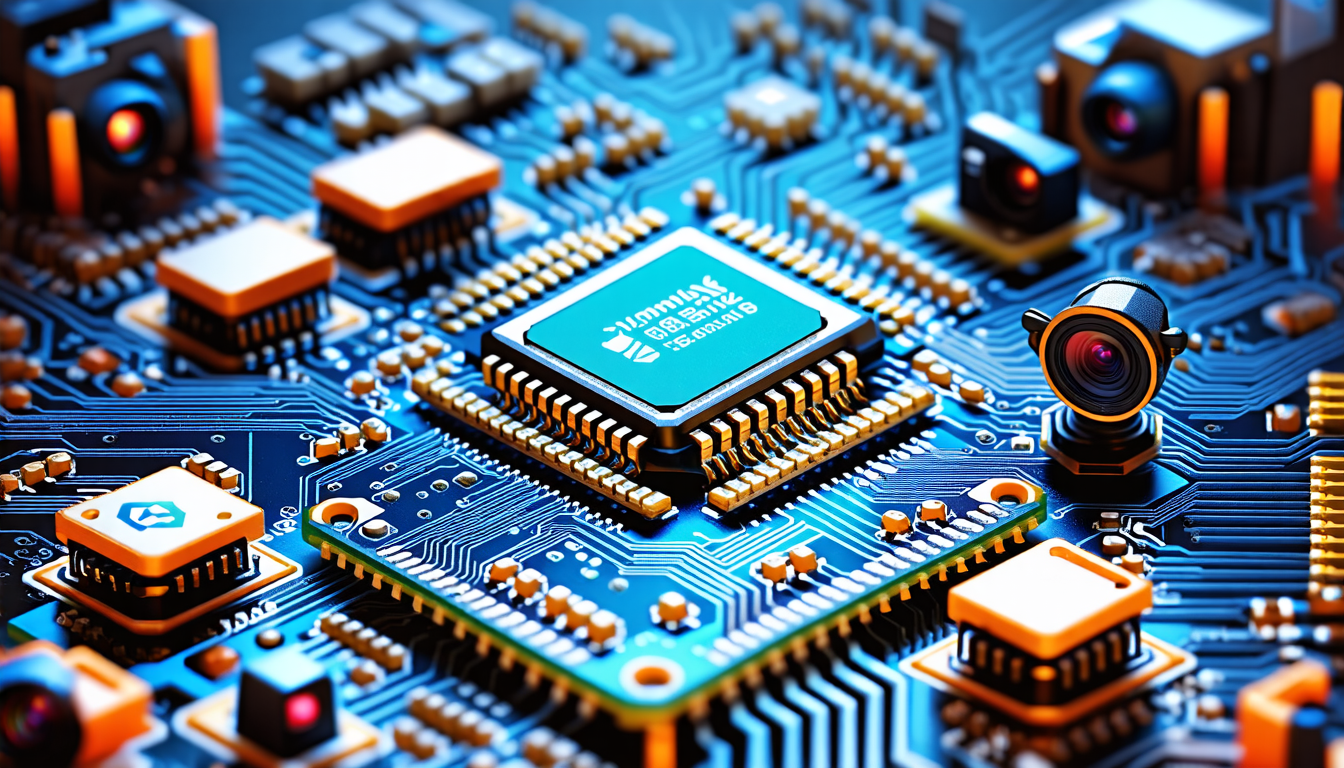Monday 05 May 2025
A tiny chip that can learn and adapt is a game-changer for edge computing, where devices process data locally without sending it to the cloud.
In the quest for more efficient and autonomous machines, researchers have been experimenting with reservoir computing, a type of artificial intelligence that mimics the human brain’s ability to learn and adapt. But until now, this complex technology has required powerful computers or specialized hardware to run.
Enter the delayed feedback reservoir (DFR), a tiny chip designed specifically for edge computing devices like smartphones, smartwatches, and IoT sensors. The DFR is capable of processing data locally, without needing to send it to the cloud, which could have significant implications for applications like real-time monitoring, predictive maintenance, and autonomous vehicles.
The DFR’s secret lies in its unique architecture, which combines a reservoir computing module with a delayed feedback loop. This allows the chip to learn and adapt quickly, even with limited data and processing power. The researchers achieved this by optimizing the reservoir state update process using backpropagation, a technique borrowed from deep learning.
But what does this mean for real-world applications? For one, it enables devices to make decisions faster and more accurately, without relying on cloud-based processing. This could be particularly useful in situations where latency is critical, such as autonomous vehicles navigating through complex environments or medical devices monitoring patient vital signs.
Another benefit of the DFR is its ability to handle complex data streams, such as those generated by sensors or cameras. By processing this data locally, devices can reduce their reliance on cloud-based infrastructure and minimize the risk of data breaches or delays.
The researchers achieved impressive results with their prototype, demonstrating a 13x reduction in computation time and a 27x reduction in power consumption compared to traditional software implementations. These findings suggest that the DFR could be a game-changer for edge computing, enabling devices to learn and adapt quickly while minimizing energy consumption and data transmission.
As we move forward with the development of more autonomous and intelligent machines, the DFR represents an important step towards realizing this vision. By harnessing the power of reservoir computing on small, low-power devices, researchers have opened up new possibilities for edge computing applications that could transform industries from healthcare to transportation.
Cite this article: “Tiny Chip Revolutionizes Edge Computing with Delayed Feedback Reservoir”, The Science Archive, 2025.
Edge Computing, Artificial Intelligence, Reservoir Computing, Delayed Feedback Reservoir, Iot Sensors, Autonomous Vehicles, Real-Time Monitoring, Predictive Maintenance, Deep Learning, Backpropagation.







